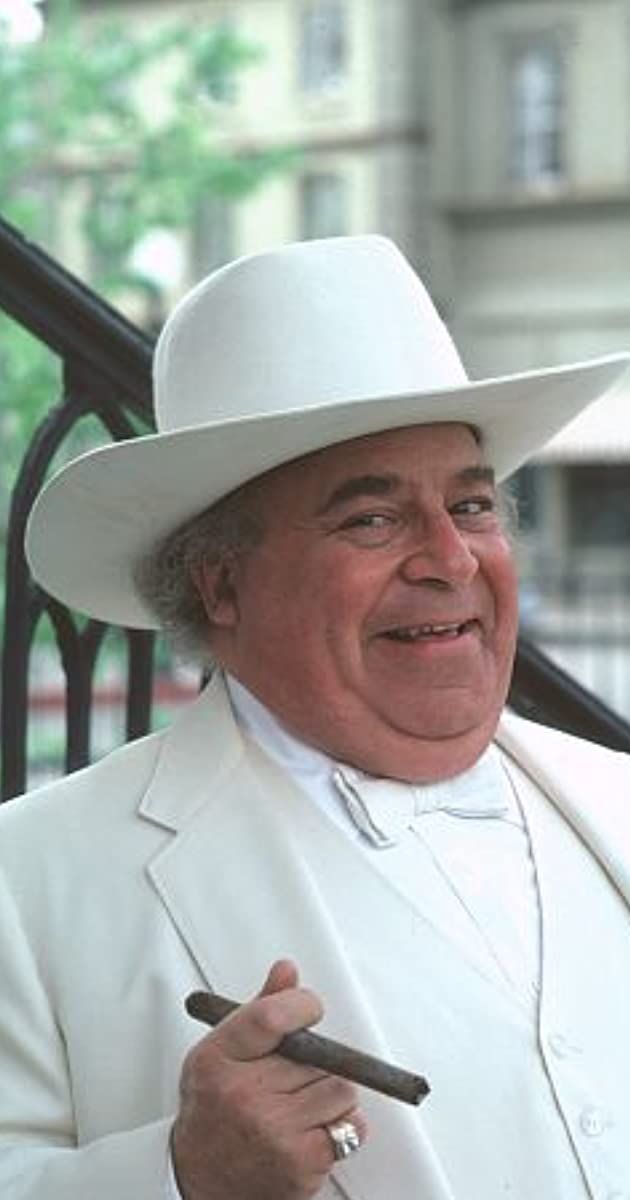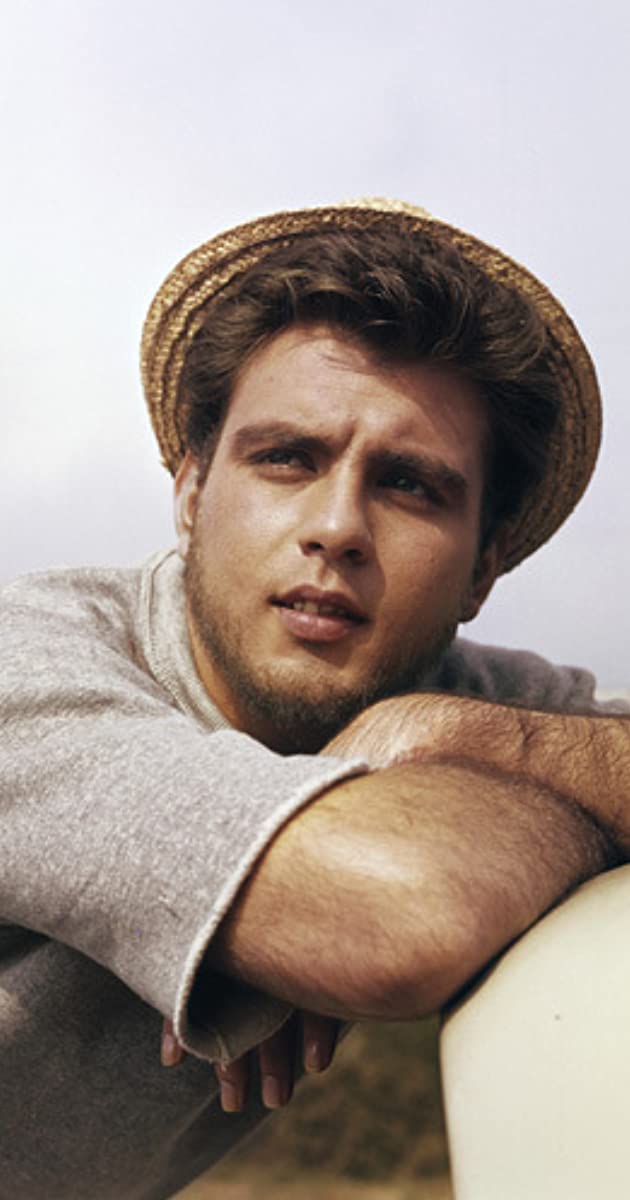
Santiago Cabrera was born in Caracas, Venezuela, to Chilean parents, and grew up in London, Romania, Toronto, and Madrid. Although he considers Santiago, Chile, his hometown, he splits his time between London and Los Angeles.
Cabrera trained at London’s prestigious Drama Centre under renowned instructors Yat Malmgren and Christopher Fettes, whose students include many great actors, among them Sir Sean Connery and Sir Anthony Hopkins. Concurrent with his final year at the Centre, he made his television debut with small roles on British television, and on the London stage, playing Montano in Shakespeare’s “Othello”, at the London Greenwich Theatre, directed by Rupert Goold. His most recent stage role was Romeo in London’s Middle Temple Hall production of “Romeo and Juliet”.
Cabrera’s breakthrough role came in the highly successful first season of NBC’s ensemble drama series “Heroes” (2006-2007). There he played Isaac Mendez, a heroin-addicted, lovesick artist able to paint the future. He seduced viewers with his moody, manly charm, even though his character didn’t live past the first season. He also played a strong recurring role, as the mythical character Lancelot, in the very popular BBC series “Merlin” (2008-2010).
He can be seen in the historic epic “Cristiada” (2011) opposite Andy Garcia and Peter O’Toole, playing the lead role of Father Vega, a priest turned General during the Cristero War in 1920s Mexico. He was seen in Steven Soderbergh’s film, “Che. Part 1” (2008), opposite Benicio del Toro, for which he won critical acclaim for his portrayal of legendary Cuban guerrilla commander Camilo Cienfuegos.
Since 2014, Cabrera has starred as Aramis in the BBC One hit show The Musketeers (2014), a fresh and exciting look at the much-loved novel by Alexandre Dumas. In 2015, Cabrera narrated the successful BBC Two three-part documentary series Patagonia (2015), which explores the rarely seen South American wilderness from the Andes Mountains to Cape Horn.
In addition to his native Spanish language, he is fluent in English, French, and Italian.


